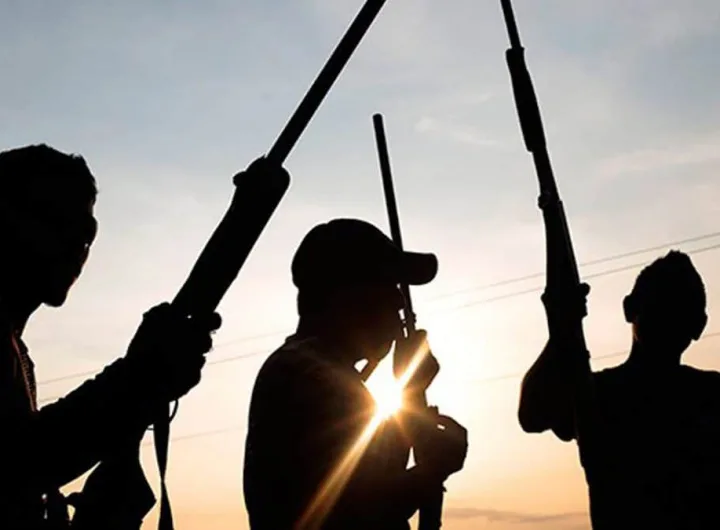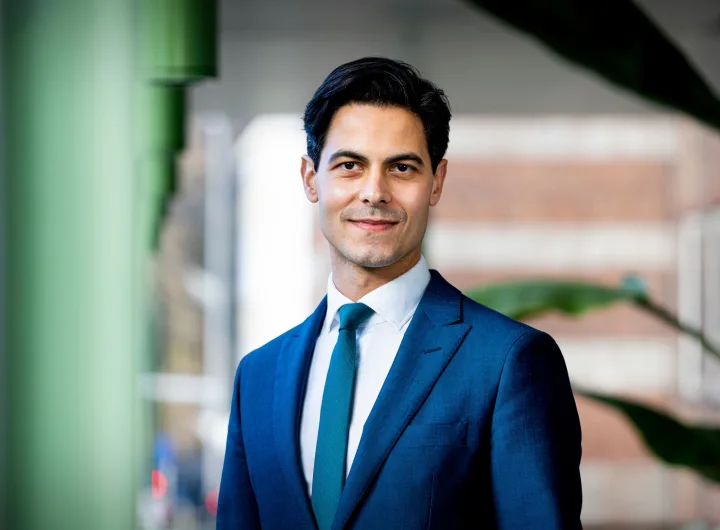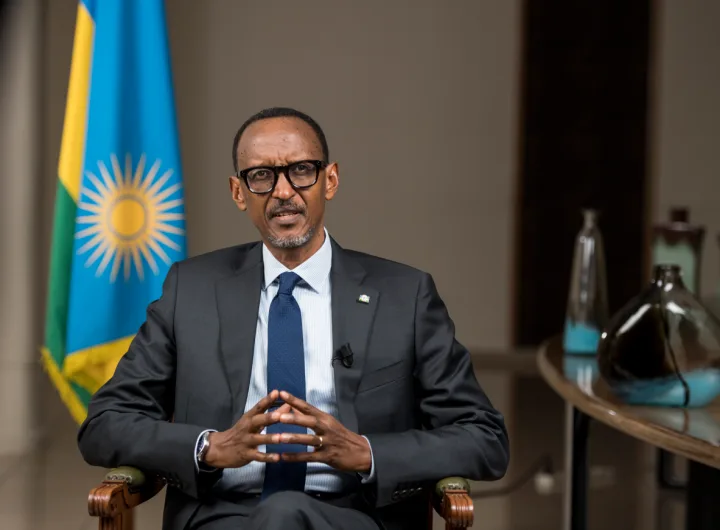
President Paul Biya after casting his vote/Reuters
Paul Biya will be 99 by the end of his next term if he wins.
Cameroonians cast their ballots Sunday in an election that may allow Africa’s most elderly leader to continue governing for an additional seven-year period.
Political observers have forecast a win for President Paul Biya. Currently 92 years old, he would reach 99 before completing his term.
His ascent to power began in 1982 after Cameroon‘s inaugural president, Ahmadou Ahidjo, stepped down, and he has governed the nation continuously ever since.
Biya emerged victorious in seven successive elections.
Since gaining independence in 1960, Cameroon has experienced only two presidents.
Questions about his physical condition have consistently sparked conjecture, as he dedicates much of his time to residing in Europe, delegating routine administrative responsibilities to senior party members and relatives.
“In the face of increasingly difficult international environment, the challenges facing us are more and more pressing,” Biya said in announcing another run.
“In such a situation, I cannot shirk my mission.”
Biya is challenged by nine opposition contenders, among them several previous supporters and officials he appointed. These include Bello Bouba Maigari, who held the position of tourism minister, and Issa Tchiroma Bakary, who served as employment minister until recently.
Related: Guinea Set To Hold First Presidential Election Since 2021 Coup
Biya cast his ballot at an elementary school in Yaounde, the capital, informing journalists that he would refrain from discussing his intentions until vote tallies were available.
Cameroon employs a single-round voting system where the candidate receiving the highest number of votes prevails.
Cheukam Ginette, a 34-year-old environmentalist and first-time voter, said she won’t choose Biya.
“Things have to change. First of all, life is expensive, getting medical care is not easy,” she said outside of a polling station in Yaounde.
“There are no roads, we have potholes everywhere. Everything is ruined. That’s why I voted for the opposition.
“I do not have confidence in the electoral process because we know our country but I’m hopeful.”
During a campaign event held last week in Maroua, a northern municipality, Biya pledged improvements for one of Cameroon’s most economically disadvantaged regions.
The north, where Muslims comprise the majority, represents approximately 20% of registered voters, with Maigari and Bakary enjoying substantial support in that area.
Cameroon confronts growing security challenges. In the western territory, a separatist conflict is underway between predominantly English-speaking separatists who assert discrimination by the French-speaking majority, and state military forces. In the northern region, the Boko Haram insurgency extends from adjacent Nigeria, with militant groups frequently targeting border communities.
No fewer than 43% of citizens experience poverty when evaluated by fundamental quality-of-life indicators including income, education and health, based on U.N. data.
Approximately 8 million registered voters, including more than 34,000 living abroad, are qualified to participate at over 31,000 voting locations throughout the Central African country.
Cameroon’s population exceeds 29 million, with the majority being predominantly youthful.

 Gunmen Kidnap Six Church Members In Ondo State
Gunmen Kidnap Six Church Members In Ondo State  Violence Grips Mexico Following Death Of Drug Lord “El Mencho”
Violence Grips Mexico Following Death Of Drug Lord “El Mencho”  Netherlands Swears In First Openly Gay Prime Minister
Netherlands Swears In First Openly Gay Prime Minister  US Military Aircraft Land In Nigeria With Troops
US Military Aircraft Land In Nigeria With Troops  Kagame Condemns International “Threats” Directed At Rwanda As US Sanction Looms
Kagame Condemns International “Threats” Directed At Rwanda As US Sanction Looms  Bandits Kill Nearly 200 In Kwara And Katsina State
Bandits Kill Nearly 200 In Kwara And Katsina State  Tiwa Savage Launches Foundation To Support African Music Creatives
Tiwa Savage Launches Foundation To Support African Music Creatives